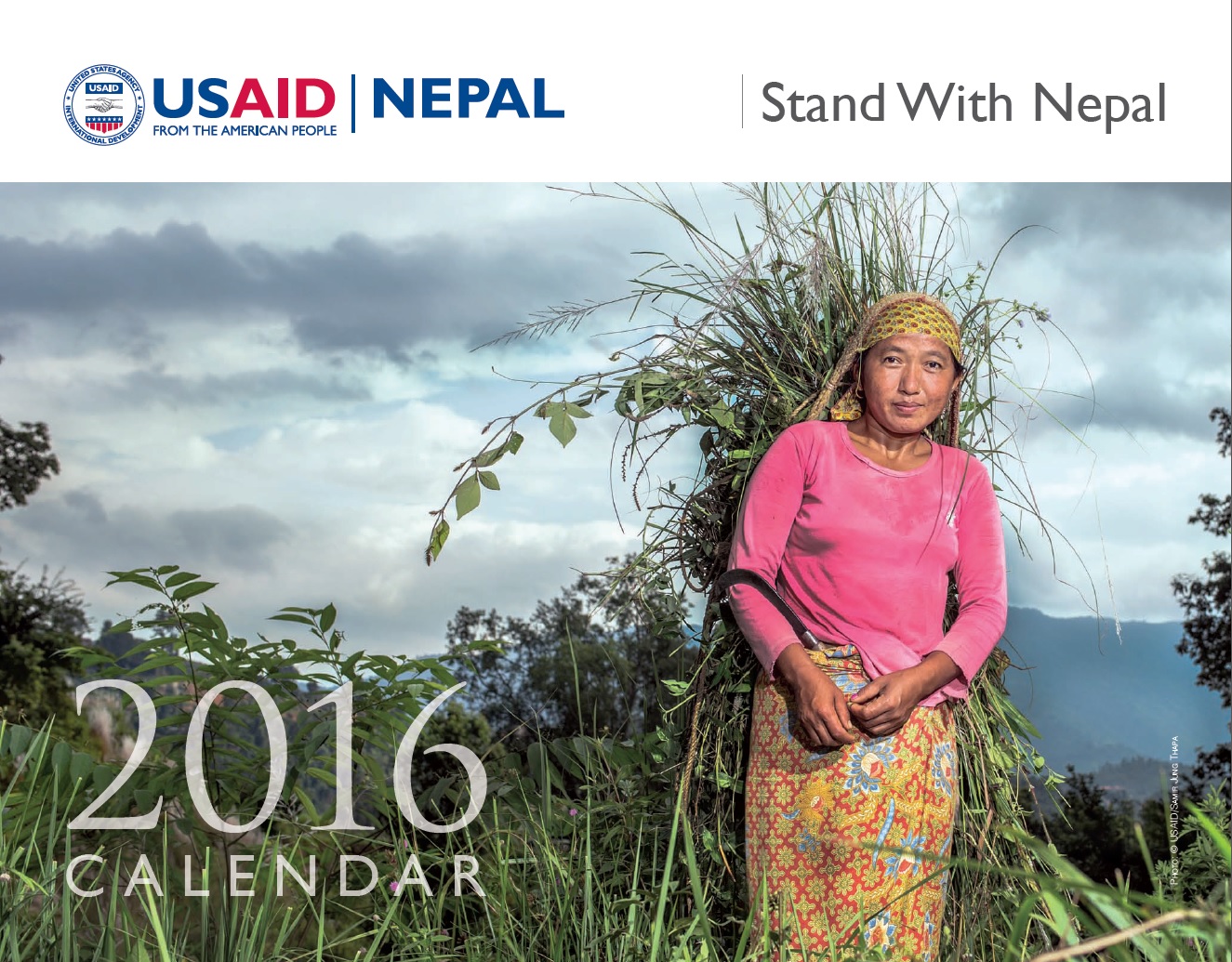USAID is poised to support Nepal’s elections with four programs implemented through five partners.
Landlocked between India and China, two rapidly changing countries, Nepal remains one of the poorest countries in the world and continues to cope with the effects of a decade-long insurgency that ended in 2006. Located in the Himalaya mountain range, the country is greatly impacted by global climate change and struggles with both water scarcity in some areas and increased flooding in others. Supporting progress toward a democratic, resilient and prosperous Nepal is a priority for U.S. development efforts.
USAID/Nepal Saath-Saath Project reduces the transmission and impact of HIV and AIDS and improves reproductive health among selected most-at-risk populations in a manner that supports the Government of Nepal.
Su-SWASTHA operates in the Mid-Western Region where socio-economic development lags far behind. In 2009, there was an extensive cholera epidemic in the Mid- and Far Western Regions which claimed the lives of more than 300 people and drew attention to the urgent need for improvements of WASH conditions. Despite the fact that young children are more susceptible to diarrheal disease caused by unclean water as well as poor sanitation and hygiene practices, school sanitation continues to be an underfunded sector in Nepal. This project aims to improve water, sanitation and hygiene in 54 selected schools via a school-led total sanitation approach that not only improves sanitation in these facilities but also promotes small-scale household water treatment systems in the homes where the students and teachers live.
Suaahara is a five-year, comprehensive, community-focused project dedicated to improving the health and nutritional status of pregnant and lactating women and children under the age of two. The project focuses on improving nutrition and health standards of women and children by focusing on better maternal, newborn, and child health services. It aims to improve reproductive health/family planning services; create awareness regarding sanitation and hygiene; improve access to clean water; and introduce home-based gardening as a way to encourage a balanced and healthy diet.











Comment
Make a general inquiry or suggest an improvement.